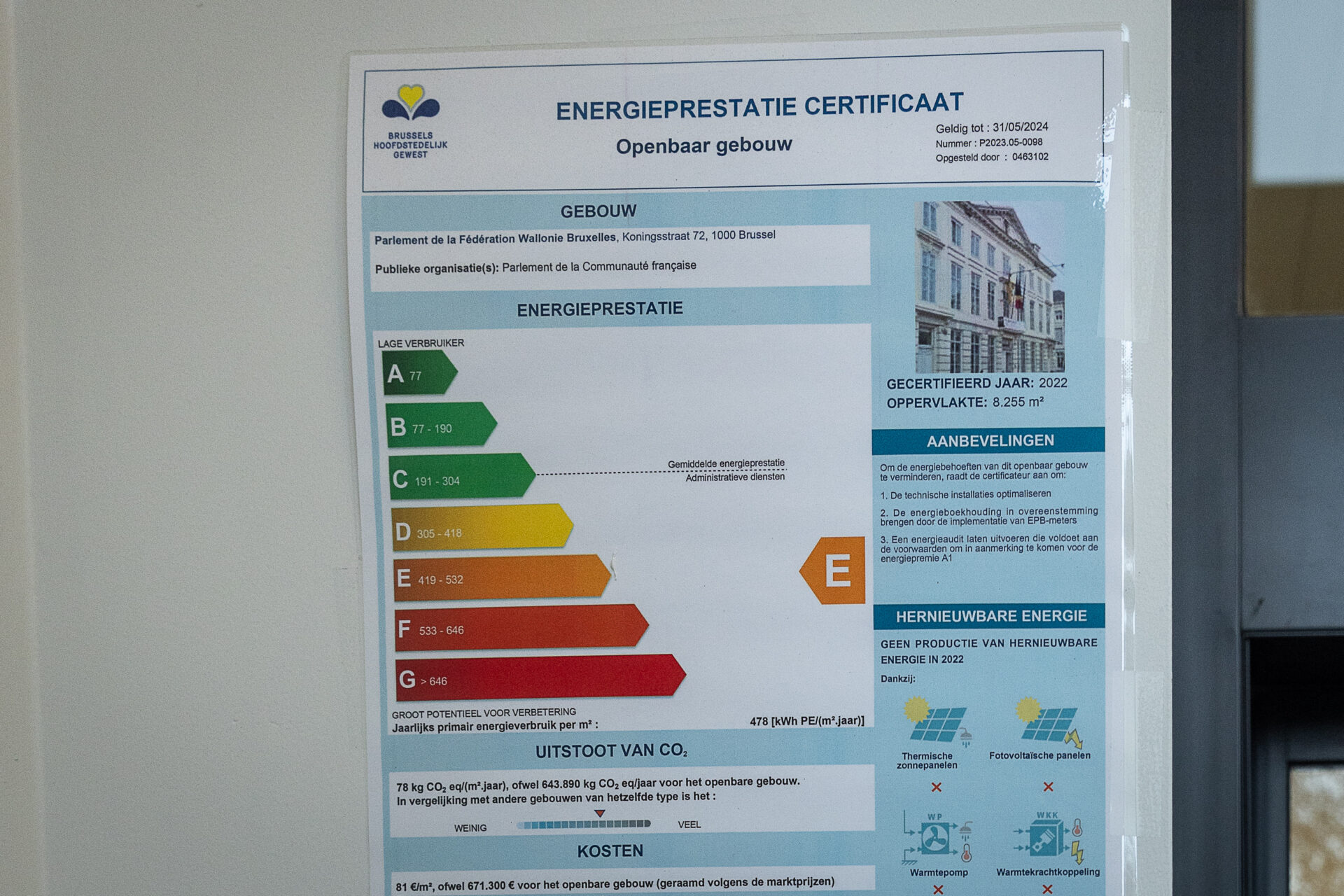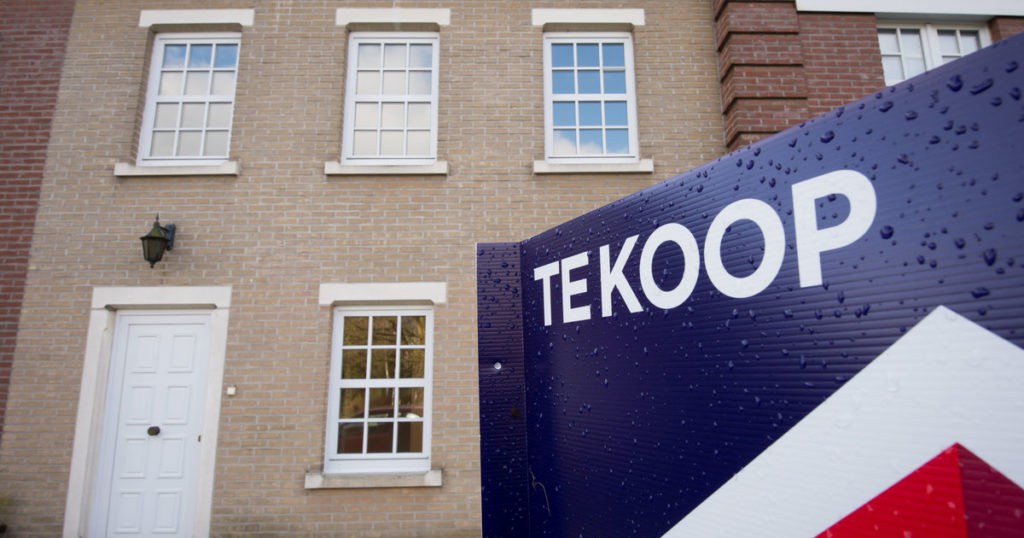The property market in Belgium has been cooling down for some time. After months of waiting, a predicted drop in prices is finally being recorded in Flanders.
During the pandemic, there was a rush on the Belgian property market, driven by low interest rates and the desire for more space. This saw prices skyrocket. But several months into 2023, the tide seemed to turn, and the market cooled down, driven by increased mortgage rates.
Slowly but surely, this resulted in a price drop on a national level and in Brussels. But in Flanders, where buyers are renowned for the "brick in their stomach" (a figure of speech referring to the fact that many here absolutely want to own their own home), the effects of this were delayed.
However, the latest ERA Barometer showed that the region is now also following the trend.
Pressure on prices
While house prices were still rising in the first half of the year, a sharp price decrease occurred in the last few months, the average price of a house in Flanders at the end of last year was 1.9% lower than at the end of 2022. This marks the first price drop in a decade, ERA confirmed on Friday.
"Mortgage rates have increased by more than 2 percentage points since the beginning of 2022. Although many first-time buyers can still enjoy low interest rates, rising interest rates have very much reduced their borrowing capacity," said Sven Damen, Professor of Real Estate Economics and Finance University of Antwerp.
He added that combined with the renovation requirement – since 2023, people who own a house or flat in Flanders with an energy performance certificate (EPC) score E or F are obliged to renovate it to label D or better, meaning renovation costs are taken into account more – this is "putting downward pressure on prices".

An EPC on a public building in Brussels. Credit: Belga/ James Arthur Gekiere
"Buying a home has become less evident, the supply of certain types of homes has exceeded demand and prices are falling in certain segments of the market," said Johan Krijgsman, CEO ERA.
This cooling is also noticeable in the average selling time. While houses were still on average for sale for 85 days in 2022, in 2023 it took 103 days (+21%) to sell a similar property.
"The evolution of average selling time often has a predictive power for future price evolution. The sharp increase in selling time may be an indication that stabilisation is not over immediately," said Damen.
However, house prices in central cities have risen again, and flats in Flanders also became even more expensive by an average of 1.5%, and by 3.1% when comparing the entire of 2022 with 2023.
Situation in Brussels
The ERA Barometer also examined the Brussels real estate market for the first time, which differs significantly from Flanders. Here, the purchases and sales of flats are much more common.
While flat prices rose by 2% on average last year compared to 2022, in line with the Flemish average, Brussels flats differ greatly in price based on size. Taking a two-bedroom flat as a standard, flats with 10% more living space are sold on average at a 6.3% higher price. A flat with three bedrooms costs 4.3% more, while a four-bedroom flat as much as 12.7% more.
A terrace and garden have also gained massively in value among flat owners since the pandemic, which is translated into the price. A flat with a terrace costs 3.4% more than one without, while a garden adds 10.4% to the price.
Some factors do have a decreasing effect on the price: A Brussels flat is worth 5% less if it needs light refurbishment and if it needs to be completely renovated, it is 13% lower.
Importance of EPC
Finally, the barometer also highlighted the undeniable effect of the EPC score on the property market. It has become a more decisive factor for price evolution, as an energy-guzzling house with EPC score E or F dropped in value much more (-4%) than energy-efficient houses with scores A or B.
Overall, a house with EPC A is 17.1% more expensive than a similar house with EPC D. This shift in the market is also seen in price negotiations. "For perfectly move-in-ready, nicely decorated homes in a pleasant neighbourhood, demand exceeds supply. The seller is in charge of the process and an offer must meet, or come close to, the asking price," said Krijgsman.
"For houses with poor EPC scores and asbestos issues, supply is higher than demand. There is more room to negotiate, the buyer has more power." The balance between supply and demand in homes with EPC scores C and D is more stable, which also explains why the price of homes with these scores stagnated (+0.1%).

